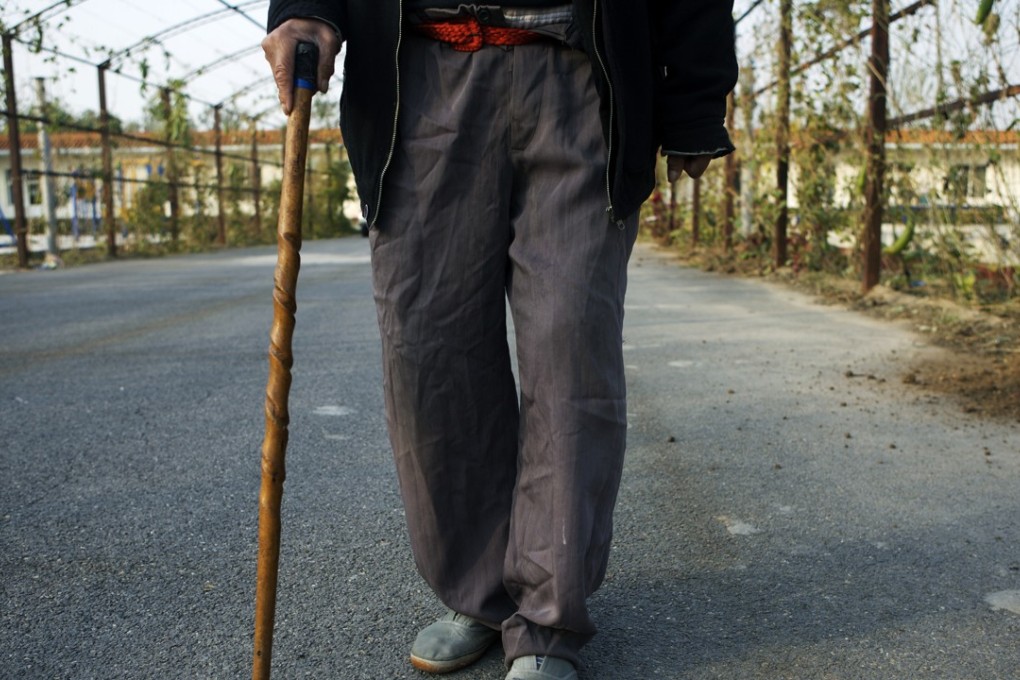China’s huge market for senior care blessed with opportunities and challenges
Even with high occupancy, most private facilities are still struggling with heavy upfront investment and surging labour cost, while retirees complain of high fees

After 18 years in the United States with his children, Gong Fuyuan, 82, last year moved to a senior care facility just minutes away from the heart of Beijing’s central business district.
“It is so much fun here with other comrades around,” said Gong. “The caretakers here are really good, so my children feel assured.”
But before he could get into Golden Heights, which charges a hefty 12,800 yuan ($1,936) per month, the octogenarian was on the waiting list for about three months.
Golden Heights, which opened in 2011, is owned by Ni Haohua, a Wenzhou businessman.
Gao Junsong, vice-president of Golden Heights, said the high monthly charges, ranging between 10,000 yuan to 15,000 yuan, was mainly because of its prime location and nursing staff costs.
“Even then the 269 rooms at the elderly care facility are fully occupied by residents whose average age is 83,” said Gao.